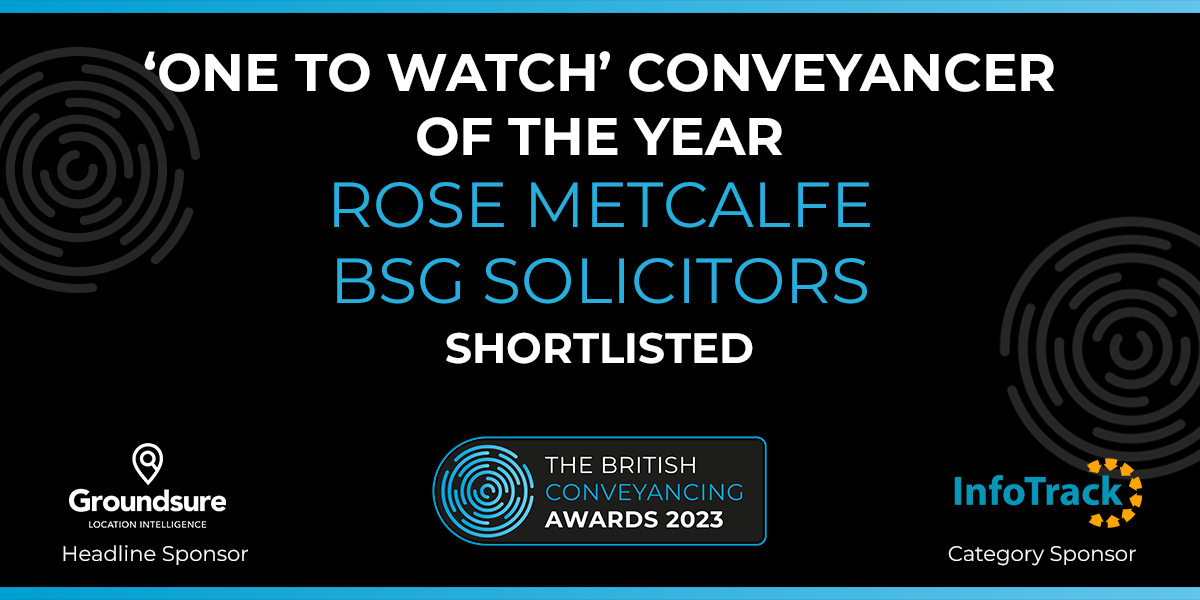In the UK, inheritance tax (IHT) is payable on your estate after you die on anything over and above the nil-rate band of £325,000. This essentially means that if your net worth exceeds this threshold, IHT will be payable on any sum in excess of this amount, typically at a rate of 40%. However, there are various ways in which you can minimise your liability to inheritance tax, so as to maximise the amount that you can leave to loved ones tax-free.
Below we look briefly at lifetime gifts as a way of legitimately giving away wealth during the course of your lifetime and legally reducing any liability to IHT on death.
What are classed as lifetime gifts?
Lifetime gifts refer to any cash or assets gifted by a person while they are still alive, where everyone is allowed to give away a total of £3,000 worth of gifts each tax year without them being added to the value of their estate after they die. This is known as your annual exemption. There are also some gifts that do not count towards this exemption, including gifts between spouses, small gifts made out of your everyday income, or gifts to charity.
When it comes to gifts falling outside of these defined exemptions, referred to as potentially exempt transfers (PETs), these can also be excluded from the value of your estate, provided they were made more than 7 years outside the date of your death. In these types of scenarios, the extent of the gift is limitless. For example, if you gifted a loved one a large sum of money, even if this runs into tens or hundreds of thousands of pounds, this would be entirely tax-free, so long as you lived for more than 7 years after making this monetary gift
Even where a valuable gift is made within 7 years of death, it may still be subject to less inheritance tax than if the gift had not been made at all. This is because, under the all-important taper relief rules, IHT will be payable on a sliding scale for any gifts made which are in excess of the nil rate band (ie over £325,000) between 3 to 7 years after the date of the gift. Taper relief works to reduce the amount of IHT that would otherwise be paid on the amount over the nil rate band and it can vary from 32% to as little as 8%, although the longer you live having made a PET, the more likely your loved ones will avoid paying tax.
Are lifetime gifts the only way of reducing tax?
In addition to lifetime gifts, there are various other ways of reducing liability to inheritance tax. For those of you who are married or in a civil partnership, by law you can pass your money, possessions and property to your spouse or civil partner entirely tax-free. Further, any surviving spouse or civil partner can transfer any unused allowances, including the nil-rate band ‘and’ what is known as the residence nil-rate band, potentially doubling the amount of money that they can leave behind tax-free on their own death.
However, all property owners can potentially benefit from the residence nil-rate band. Unlike the basic nil-rate band, which is the £325,000 tax-free threshold that applies to all estates on death, the residence nil-rate band is for those who bequeath a ‘qualifying residential interest’ that is ‘closely inherited’ by a direct descendant, such as a child or grandchild. Currently set at £175,000, the residence nil-rate band means that you can leave up to £500,000 tax-free to loved ones, provided that your estate includes a former home. For surviving spouses or civil partners, they can eventually pass up to £1 million tax-free.
However, when it comes to estate planning, expert advice should be sought. In this way, you can maximise the potential tax savings on death based on your unique circumstances.
Legal disclaimer
The matters contained herein are intended to be for general information purposes only. This blog does not constitute legal advice, nor is it a complete or authoritative statement of the law in England and Wales and should not be treated as such. Whilst every effort is made to ensure that the information is correct, no warranty, either express or implied, is given as to its’ accuracy, and no liability is accepted for any errors or omissions. Before acting on any of the information contained herein, expert advice should be sought.
















